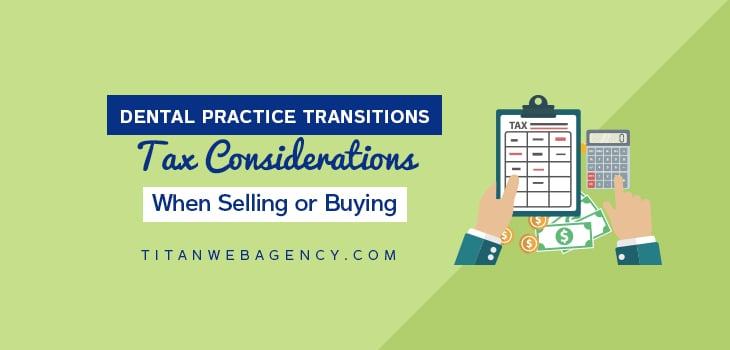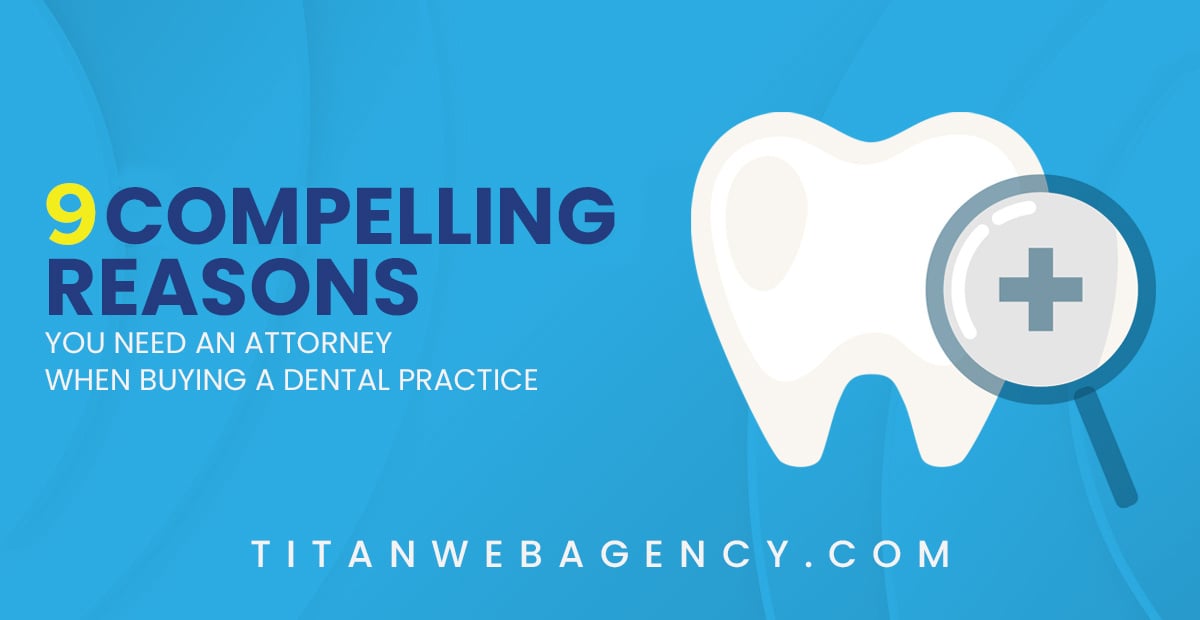Dental Practice Valuation: A Guide for Dentists
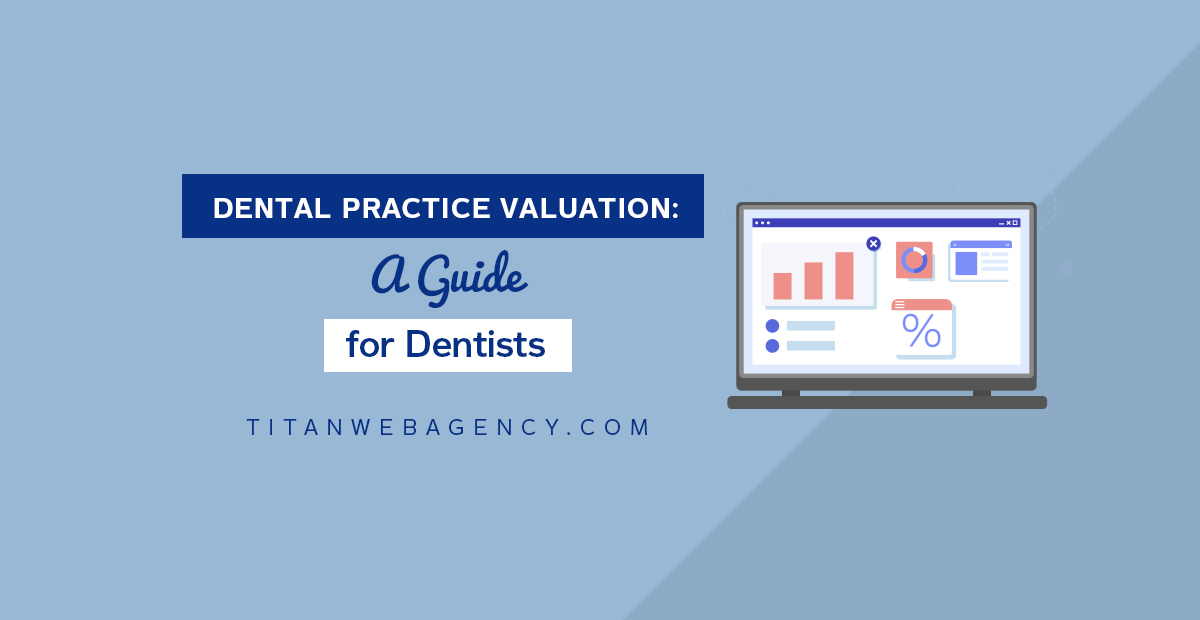
Any dentist who owns a practice knows that their practice has value in the marketplace. Its value is based on a variety of things, including the owner’s reputation and experience, the number of patients the practice serves, the payment sources of the patients, and the physical equipment and assets owned by the practice.
Dental practice clients often come to us with questions about dental practice valuation. Since that’s the case, we’ve created this guide to help you understand valuation and why it's important. We’ll also provide you with an overview of valuation methods and factors that may impact the value of your practice.
Understanding Dental Practice Valuation
Dental practice valuation is a process that’s designed to determine the fair market value of a dental practice. The market value is important for several reasons, so dental practice owners should always know what their practice is worth.
We should note here that you may see ads from some dental transition specialists who offer free valuations of dental practices. However, those valuations are rarely true valuations. They use quick formulas based on the Rule of Thumb, which may say that the value of a practice can be based on simple formulas, such as these:
- 70% of the practice’s gross revenue
- 1x the net income of the practice
A true valuation is more complex than this. It incorporates many factors, including gross and net income, the area where the practice is located, and the practice’s specialties and services, as well as various advantages and risks unique to the particular practice. We’ll go into each factor in more detail later in this post.
A dental practice owner may order a valuation because they want to sell the practice or because they want to use the practice as collateral to borrow money. To have an accurate valuation, you will need to pay for it because, as noted above, so-called “free” valuations are only estimates and therefore insufficient to provide the information you need.
Listen to this post:
Why is Dental Valuation Important?
Dental valuation is important for several reasons. A dental practice owner or a prospective buyer may need a valuation to make essential decisions about selling or buying a practice.
Dental Practice Owner
Let’s start with some of the reasons that a dental practice valuation might be important and necessary for a dental practice owner.
- The owner is considering selling the dental practice and wants to be sure they get a fair sale price.
- The owner is navigating a merger with another dental office in the area.
- The owner is taking on a new partner for their dental practice.
- The owner is creating an estate plan and wants to create a succession plan.
- The owner is engaged in litigation where knowing the value of the practice is necessary.
- The owner is hiring new dental associates to expand the practice.
In any of these circumstances, the owner of a dental practice would need an accurate valuation.
Dental Practice Buyer
An accurate dental practice valuation is also important for dental practice buyers. Here are some of the reasons that a prospective buyer would need a valuation.
- The buyer is comparing dental practices to determine which one to buy.
- The buyer needs a valuation to borrow money to purchase a practice.
- The buyer needs to make sure that the practice is worth what the owner is asking for it.
No buyer should ever make an offer on a dental practice without first ordering and reviewing a dental practice valuation. Learn the reasons you need an attorney when buying a dental practice to ensure the process is thorough and legally sound.
How Much Does a Dental Practice Valuation Cost?
A dental practice valuation is a complex process that must account for tangible and intangible assets of the practice and make assumptions about its potential future earnings. For that reason, it’s essential to hire a professional to do your business valuation.
The cost of a valuation will vary depending on the size of your practice and the complexity of the valuation. For example, a multi-location practice valuation would cost more than a valuation for a small, single-location dental practice.
Typically, the cost of a dental practice valuation ranges between $7,000 and $20,000, depending on the size and complexity of the business.
How to Value a Dental Practice: Valuation Methods
There are many methods that may be used to determine the value of a dental practice. You should value your practice using any reputable method, but it’s important to know how each method works and where each method might fall short before you decide. Here are some valuation methods that you should know about.
Capitalization of Earnings Method
The primary risk of using this method is that if your calculations for expected future earnings are not accurate, you may end up with a valuation that’s too high or too low. For example, if your valuation used previous new patient acquisition as a metric for calculating future earnings, and you attracted fewer patients than expected, your valuation would be too high.
Discounted Cash Flow Method
The primary benefit of the DCF method is that it enables a potential buyer to determine whether the future cash flow of a dental practice will justify the purchase price. If the future cash flow is higher, that indicates that the practice may be a worthwhile investment. If the future cash flow is likely to be lower, it may indicate that the practice is not a sound investment or that additional research is required.
Comparable Transaction Method
A company using the comparable transaction method would examine other dental practices that have been sold in the same area, narrowing its search further based on annual revenues, the number of patients, and other relevant metrics. The value will be assigned based on these comparisons.
Seller Discretionary Earnings Method
This method typically takes the annual net earnings plus owner wages, based on an average of the most recent three years, and multiples it by a factor based on data from the purchases and sales of other dental practices in the region. A valuation using this method may vary depending on market conditions and the location of the practice being valued.
Goodwill in Dental Practice Value
One of the most difficult to define assets of any dental practice is goodwill. The term goodwill refers to all intangible assets that have an impact on the potential future earnings of the practice being valued. These include the following:
- Staff longevity
- Patient records/ return patients
- Recall systems
- Noncompete covenants
- The reputation of the practice and its owner in the community they serve
Most estimates say that goodwill accounts for anywhere from 60% to 80% of the practice’s value. The reason that goodwill matters is that if the owner sells the practice, it’s realistic to expect that some percentage of the goodwill—and therefore, the practice’s value—will vanish.
Of course, some aspects of goodwill, including patient records and staff, may remain in place after the practice is sold. Some of the owner’s reputation may also carry over, particularly if the practice uses effective communication in announcing the sale and promoting the expertise and trustworthiness of the new owner.
Factors that Affect the Valuation of a Dental Practice
Many factors impact the valuation of a dental practice, including—as we mentioned in the previous section—tangible and intangible assets. We have already talked about some of the factors, but let’s go over them in more depth.
- Gross Income. Gross income is defined as the total amount of money collected (revenue) by a dental practice within a specified period.
- Net income. Net income is defined as the total amount of profits earned by a dental practice within a specified period, less any expenses.
- Insurance acceptance and payments. The valuation should consider any types of insurance (PPO, HMO, Medicare, or Medicaid) accepted as well as information about other payment types, including credit cards, payment plans, or financing.
- The total number of active patients. In most cases, active patients are those who have made and kept an appointment in the most recent year or two. Patients should be moved to inactive status if they have not had an appointment or (in some cases) have not paid for services received.
- Number of new patients per month. The number of new patients per month plays a role in valuation because it is a useful metric for potential practice growth.
- Specialties and procedures that are done in-house. A practice’s services and specialties are essential for valuation, especially if they are unique services not offered by other practices in the area or if the practice specializes in a rare form of dentistry.
- Area and patient demographics. Any dental practice valuation must include a review of patient and area demographics to estimate the potential growth of the practice and its ability to continue to attract new patients.
- Market issues. Market issues may include a review of the number of competitors in the area and how the availability of other service providers may impact the future profitability of the practice. This factor may also include a review of dental SEO since a practice’s visibility and brand recognition are essential elements of valuation.
- The practice’s goodwill. As we stated earlier, the goodwill of a dental practice is based on intangibles that include the reputation of the owner and any partners or employees, as well as patient records, non-compete covenants, and other elements that may impact the value of the business.
This list is not comprehensive, but it includes many of the most crucial factors that may impact a dental practice valuation. Understanding these variables is an important part of the steps before selling your practice, helping you make informed decisions and maximize value.
Common Records Needed for a Dental Practice Valuation
Before hiring someone to perform a dental practice valuation, you will need to collect relevant information and documents. Here’s a list of what you’ll need:
- Tax returns and financial statements for the most recent five years
- Employee list, including dates of hire, compensation, and job descriptions
- Equipment list, including price, date of purchase, and maintenance/repair records
- Mortgage/lease information, including any renewal or refinancing details (you may eliminate this if you own the building and do not plan to include it in the sale)
- Practice statistics for five years, including active and inactive patients, new patient acquisition, collections, and production
- Insurance usage, including which insurance you accept
- Community demographics and market research (community growth, average income, etc.)
- Description of the services you offer
- Case acceptance and recare rates
- Dentist and hygienist monthly hours and production rates
- Your current dental fee schedule, accounts receivable listing, and collection rates
- Floor plan and photos of your practice (if the premises are included in the sale)
Keep in mind that the more complete and high-quality information you provide, the more accurate your business valuation will be.
Ways to Increase the Value of Your Dental Practice
If you have a valuation of your dental practice and want to increase its value before you sell, here are some things you can do to reach that goal.
- Focus on dental SEO by optimizing your website to incorporate local keywords and enhance your online visibility.
- Build authority and improve your reputation by writing regular blog posts (including guest blogs) and fine-tuning your social media marketing.
- Increase your marketing budget and implement different strategies, including print marketing, email marketing, and review management.
- Attract new patients.
- Increase your patient retention rate.
- Create a dental patient membership plan or loyalty plan.
- Add new services and specialties.
- Focus on more profitable services.
- Get involved in your community.
- Increase your treatment acceptance rates.
- Focus on creating a positive and unique patient experience.
Implementing these 11 strategies will help you increase your practice income and profits and add to your valuation by improving both the tangible and intangible assets of your dental practice.
Getting Help with Dental Practice Valuation
Getting an accurate dental practice valuation is essential whether you are planning to sell your practice or engage in estate planning. While there are several methods to use to value a business, it’s essential to hire a professional to ensure that you have an accurate valuation that you can use.
Do you need help with dental practice valuation? CMP has years of experience and experts at hand who can help you arrive at an accurate business valuation. Contact us today to schedule your FREE consultation.
Recommended Reading
- Starting a Dental Practice: A Complete Step-by-Step Guide
- Dental Office Names: How to Name Your Dental Practice
- Dental CPA: Why Hire a Dental Accountant for Your Practice?
- Rebranding Your Dental Practice: 7 Things You Need to Know Before You Do
- Relocating Your Dental Practice? Here's Your Step-by-Step Plan [Free Checklist]
- Dental Bookkeeping: The Guide to Selecting the Best Dental Bookkeeping Firm
- Dental Practice Financing: Business Loans for Dentists
Jared has been preparing tax returns and helping clients with various accounting and tax needs since 2001. He has a broad range of accounting and tax advising experience in several industries including manufacturing, construction, retail, and in working with a variety of closely held businesses in various industries. As a Certified Valuation Analyst in the firm, he also provides a variety of Business Valuation services, from consulting to expert testimony and from IRS compliance to strategic planning and transactions.
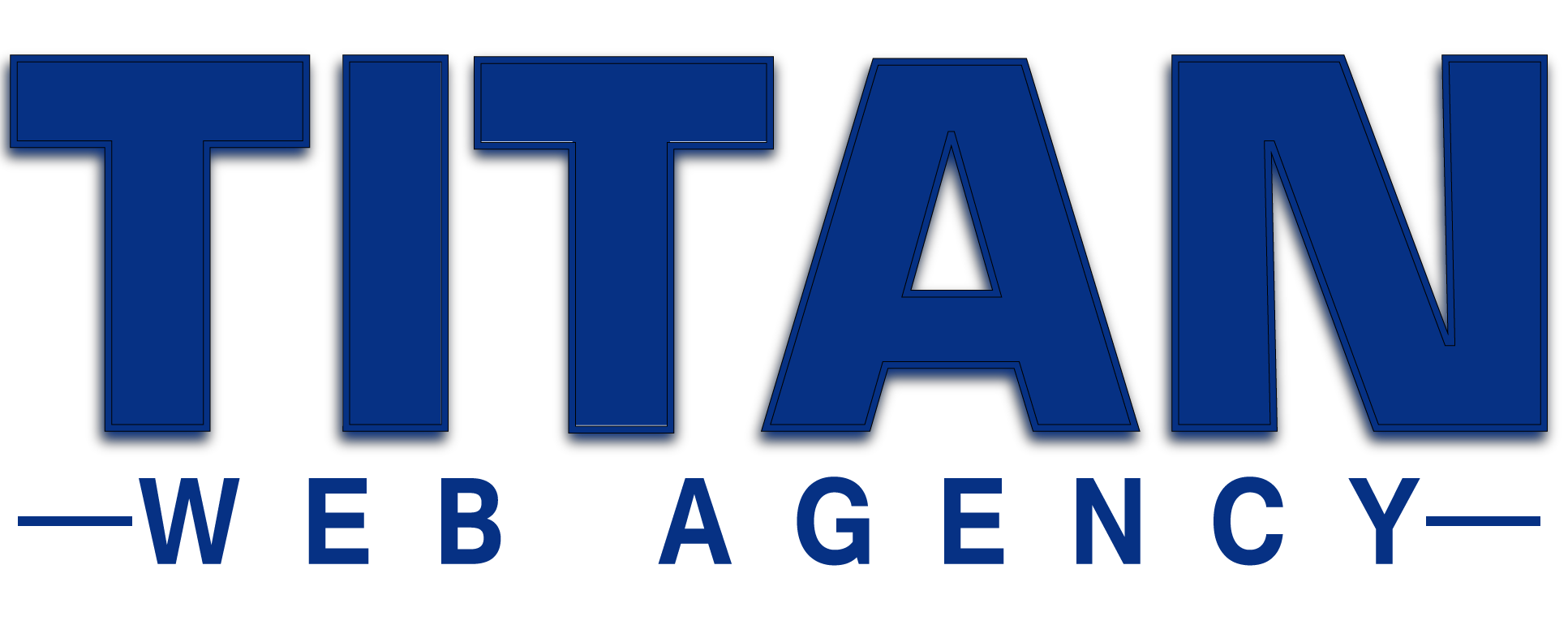










.png)
.png)
